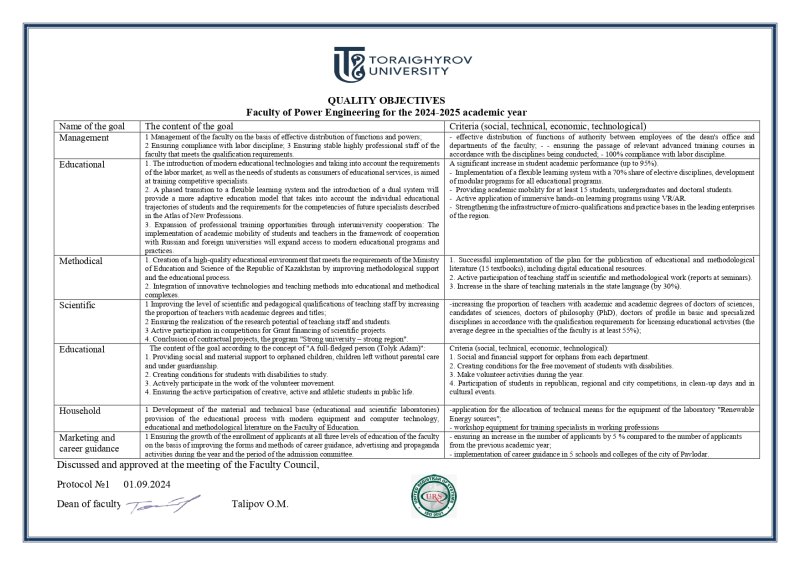At the Academic Council on February 10, 2021 (Protocol No. 7), it was decided to create a new Faculty of Computer Science (Faculty of Computer Science).
NEW PROGRAMS:
One Computer Science (CS) educational program with specializations is being implemented.
Specialization begins with the second semester.
CS specializations that run in the 2021-2022 academic year from September 1:
CS: Cybersecurity,
CS: Software Engineering,
CS: Web Development,
CS: DevOps-engineering,
CS: Graphics, augmented and virtual reality.
CS specializations that are additionally launched in the 2022-2023 academic year from September 1:
CS: Intelligent Technologies,
CS: Big Data and Data Analytics,
CS: Robotics and the Internet of Things.
Program Description:
CS: Cybersecurity-identifies threats to information security and risks of data loss, develops and implements measures to counter threats and solutions to protect against information loss; ensures the safety and confidentiality of data; participates in the development and implementation of IT solutions.
CS: Software Engineering-a specialist creates, maintains and implements software with a specified quality, within a specified time frame and within a predetermined budget.
CS: Web Development-Specialist in web programming, web application development
CS: DevOps-engineering-controls the development and administration departments, plus automates the execution of their tasks by implementing various software tools, synchronizes all the stages of creating a software product.
CS: Graphics, augmented and virtual reality - design, development, implementation and maintenance of information technologies and software products of virtual and augmented reality.
CS: Intelligent technologies-Development of intelligent systems: neural networks, recognition systems in the agricultural, service structure, telegram bots for business.
CS: Big Data and Data Analytics - a universal specialist (Data Scientist) who has knowledge in mathematics, statistics, computer science, computer science, business and economics. extract the necessary information from various sources, including information flows in real time, and analyze it for further business decision - making.
CS: Robotics and the Internet of Things - development of process automation systems based on programmable logic controllers, microprocessors, embedded distributed systems and real-time systems, robotic devices and systems, industrial Internet of Things (IIoT) systems.
You can choose an additional specialization (Minor) during the training (free of charge).
From 2021-2022 academic year:
- Graphics and design,
- Web programming,
- Augmented and virtual reality,
- SMM & SEO ,
- Video production.,
- Digital sound engineer,
From 2022-2023 academic year:
- Drone engineer,
- Big Data,
With the 2023-2024 academic year:
- Cyber Lawyer,
- Blockchain.
Faculty Contact Information
Faculty of Computer Science
Pavlodar, 64 Lomova str., office No. 218
Phone: 8 (7182) 673629 (internal 1184)
For more information, you can call
+7 705 725 6203.
Social network
Instagram
https://www.instagram.com/ithubkz/
Facebook
https://www.facebook.com/ITClasterToU
Telegram
https://t.me/tou_edu_kz








